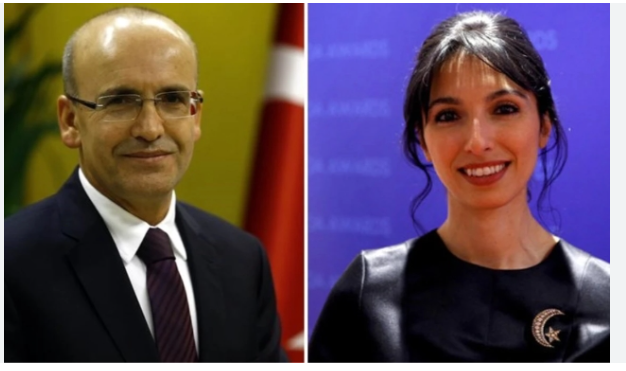Turkey’s Central Bank hiked interest rates by 650 basis points to 15% for the first time after 27 months. The move came in the first meeting of the bank under new Governor Hafize Gaye Erkan, reversing President Erdoğan’s low-rates policy, although the post-election tightening fell short of expectations.
The MPC statement notes that inflation will edge higher in the coming months, there will be gradual monetary tightening and the repressive measures put onto financial sector would be lifted gradually. All sound very positive, though each lack the clarity needed to anchor expectations. hence the TL lost ground following the announcement to 24,4 against the USD from 23,5 in the earlier hours.
MPC Decision of 22 June 2023: https://t.co/nB6juk2chs pic.twitter.com/WMpj7OPPxV
— CentralBankofTürkiye (@CentralBank_TR) June 22, 2023
“Monetary tightening will be further strengthened as much as needed in a timely and gradual manner until a significant improvement in the inflation outlook is achieved,” the bank’s policy committee said after delivering its first hike since early 2021.
It raised rates “in order to establish the disinflation course as soon as possible, to anchor inflation expectations, and to control the deterioration in pricing behavior,” it added, striking a more hawkish tone compared to its statements under former governor Şahap Kavcıoğlu.
The strong tightening remained below expectations, given the median estimate of a hike to 21% in a Reuters poll. Most economists expect further rate hikes this year, with the year-end forecast median at 30%.
Highlighting the discord between market expectations and monetary policy, the central bank’s key rate remains below deposit rates that reach up to 40%. Annual inflation was just below 40% in May.
The central bank’s net reserves fell to a record low of negative $5.7 billion last month. They rebounded as Ankara loosened its grip on the forex market this month, sending the lira to all-time lows and bringing its losses to 21% this year.
Some analysts have expressed doubt about Erdoğan’s commitment to abandoning his unorthodoxy, citing examples of his previous shifts to orthodox policy only to quickly change his mind.
Authorities hope foreign investors and hard currency will return after a years-long exodus, potentially reducing the central bank’s need to intervene to keep the lira stable.
